ACS San Francisco Chapter Board member, Susan Hopp, recently interviewed fellow Board member and Marine Biologist, Izzy Szczepaniak, to learn about observations of cetacean activity in the Bay Area.
Susan: Well, Izzy, here we are entering the Fall of COVID-19 (and hoping that is not just a pun). Let's focus on some of your work regarding our cetacean wildlife neighbors. Specifically, as part of your California Academy of Sciences research, you collect carcasses of cetaceans that have stranded, i.e., washed ashore on Northern California beaches. Tell us about your activity in the last few months.
Susan: What is the territory that you cover?
Izzy: I've collected animals from as far north as Dillon Beach in Marin County and as far south as Marina in Monterey Bay, Monterey County.*
Susan: Could you give us a sense of the stranding collection process?
Izzy: After receiving a call and driving to the reported location, my first task is finding the animal on the particular beach. Sometimes it is obvious. Other times I may walk a mile to find the animal. Often it involves hiking down and back up cliffs (laughs) and walking as much as a mile to get to the creature.
Susan: What are some of the species of cetacean that you've collected over the past few months?
Izzy: I collected four harbor porpoises: an adult female from Dillon Beach, Marin County, and three juveniles from Fort Funston, San Francisco County.
From the Emeryville mudflats, I collected a Pacific white-sided dolphin. I also collected a striped dolphin from Thornton Beach, San Mateo County. The most unusual stranded cetacean that I collected over the past few months was a pygmy sperm whale that was just south of the Salinas River in Monterey Bay.
Susan: What can you report about these animals?
Izzy: The Dillon Beach adult female harbor porpoise was lactating, indicating she had recently given birth. The three harbor porpoises from Fort Funston were males, and two were "calves of the year," meaning they were born in 2020.
The striped dolphin was an adult male, as was the pygmy sperm whale. These two were the rarest animals of all recent strandings, as they are not typically found in this part of California. Nancy Black, a marine biologist, and featured presenter at our upcoming October 27 Speaker Series webinar said she has never seen pygmy sperm whales in Monterey Bay.
Susan: How do you make these conclusions?
IS: My work involves taking measurements and examining the body internally and externally in an attempt to understand many details including species, gender, approximate age, and possible cause of death. If the carcass is fresh, I take tissue samples, and I always take the skull, provided that I can fit it in my car. Finally, I bring the skull and samples to the California Academy of Sciences for their collection.
Susan: Izzy, thank you for doing this work and for sharing it with the ACS San Francisco Bay Chapter community! Please keep us posted in future conversations if and when you discover the cause of death of these seven animals.
*All marine mammal stranding activities were conducted under authorization by the National Marine Fisheries Service through a Stranding Agreement issued to the California Academy of Sciences and MMPA/ESA Permit No. 18786-04.
Izzy Szczepaniak is a Marine Biologist, an American Cetacean Society, San Francisco Bay Chapter Board member, and a Research Associate of The Marine Mammal Center and California Academy of Sciences. Look for more “In Conversation with Izzy” posts in the coming months as we follow up with Izzy so that we may bring you his insights into the world of whales, dolphins, and porpoises in the San Francisco Bay Area.
Susan Hopp is a strategist, educator, and practitioner of sustainable and regenerative management. She works with organizations to identify, formalize and execute sustainability strategies. Susan is a member of the Board of Directors of the American Cetacean Society, San Francisco Bay Chapter, and an adjunct faculty member at the University of San Francisco where she teaches Sustainability Leadership in the Environmental Management Masters program.





